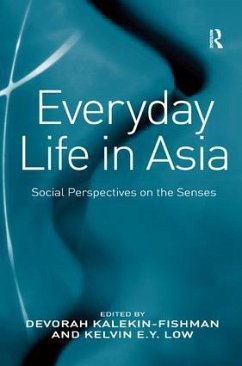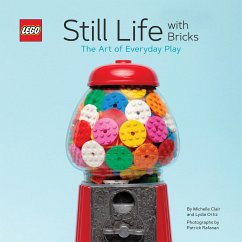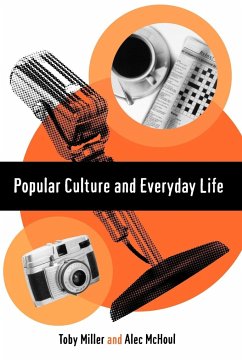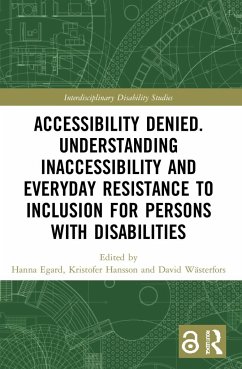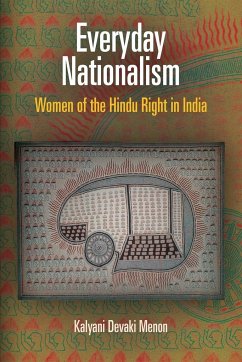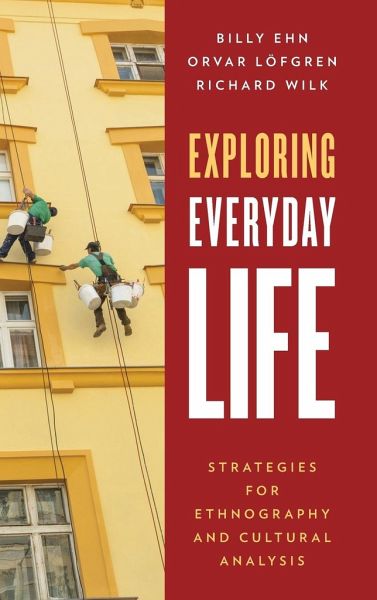
Exploring Everyday Life
Strategies for Ethnography and Cultural Analysis
Versandkostenfrei!
Versandfertig in 1-2 Wochen
105,99 €
inkl. MwSt.
Weitere Ausgaben:

PAYBACK Punkte
53 °P sammeln!
Explores and explains how the mysteries of everyday life—from conversations and observations through web browsing and popular culture—can become the basis of rich ethnography and deep cultural analysis.








